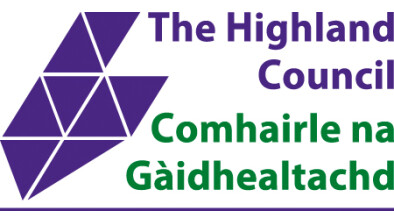Accounts Commission: Communities face growing expectation gap amid financial pressures

Scotland’s communities are facing a growing disconnect between what they expect from public services and what local authorities can realistically deliver, as the financial strain on councils intensifies, a new report has concluded.
Despite receiving over £15 billion in funding from the Scottish Government for 2025/26, and raising additional income through council tax and service charges, Scotland’s 32 councils are grappling with a substantial budget shortfall of £647 million.
The latest report from the Accounts Commission, the public spending watchdog for local government, paints a stark picture of mounting fiscal challenges. Wage increases, higher employer National Insurance contributions, and rising demand for services—particularly in social care, as the country’s population ages—are pushing local authority finances to the brink.
While councils have made efforts to plug the gap through increased service charges, savings, and the use of financial reserves, the Commission warns this approach is unsustainable. Short-term fixes threaten to compromise future budgets and delay the long-term transformation needed in how public services are delivered.
“There’s a growing expectation gap,” said Derek Yule, member of the Accounts Commission. “Councils don’t have enough money to meet current demand, at a time when local communities are being asked to contribute more through increases in council tax and charges for some services. These conversations won’t be easy.”
Yule emphasised the need for clearer budget transparency and stronger engagement with communities about which services can be maintained and how they will be delivered in the years ahead.
Investment in vital infrastructure, such as schools, roads, and libraries, remains a key priority for councils. However, while capital funding from the Scottish Government is increasing, it still falls short of pre-austerity levels. Councils are expected to borrow heavily to finance £4.7bn in capital investment plans for 2025/26, underscoring their continued reliance on debt to maintain and modernise public assets.
Among the most pressing concerns is the social care sector, which is experiencing unprecedented demand and funding pressures. Age Scotland, the national charity for older people, has called for urgent action and “serious reform” of the social care system in response to the Accounts Commission’s findings.
Katherine Crawford, chief executive of Age Scotland, stressed the importance of cooperation between local and national government: “Fixing social care should be a priority for local authorities and the Scottish Government. The system is already close to breaking point and without substantial and long-term investment, hundreds of thousands of the most vulnerable older people could be put at risk.”
Crawford criticised the lack of accountability and called for shared responsibility in addressing the crisis. “It is not acceptable for one funding source to blame the other,” she added. “Even in its current fragile state, the social care system saves the NHS considerable sums by enabling older people to live independently. Investment in this area is not just a moral obligation—it’s a strategic necessity.”
She added that piecemeal adjustments would not be enough: “Serious reform of the system needs to be addressed as a matter of urgency. No amount of tinkering around the edges will deliver a national service that we can be proud of.”







